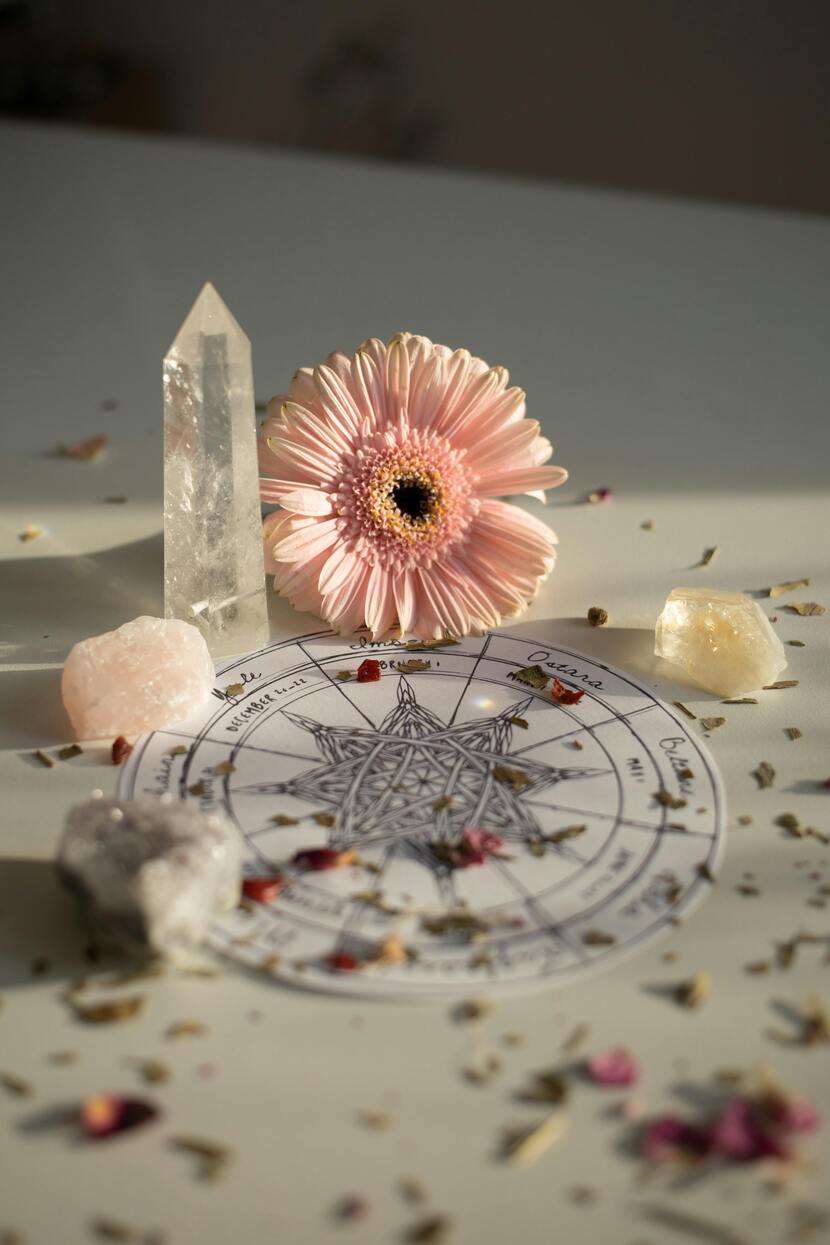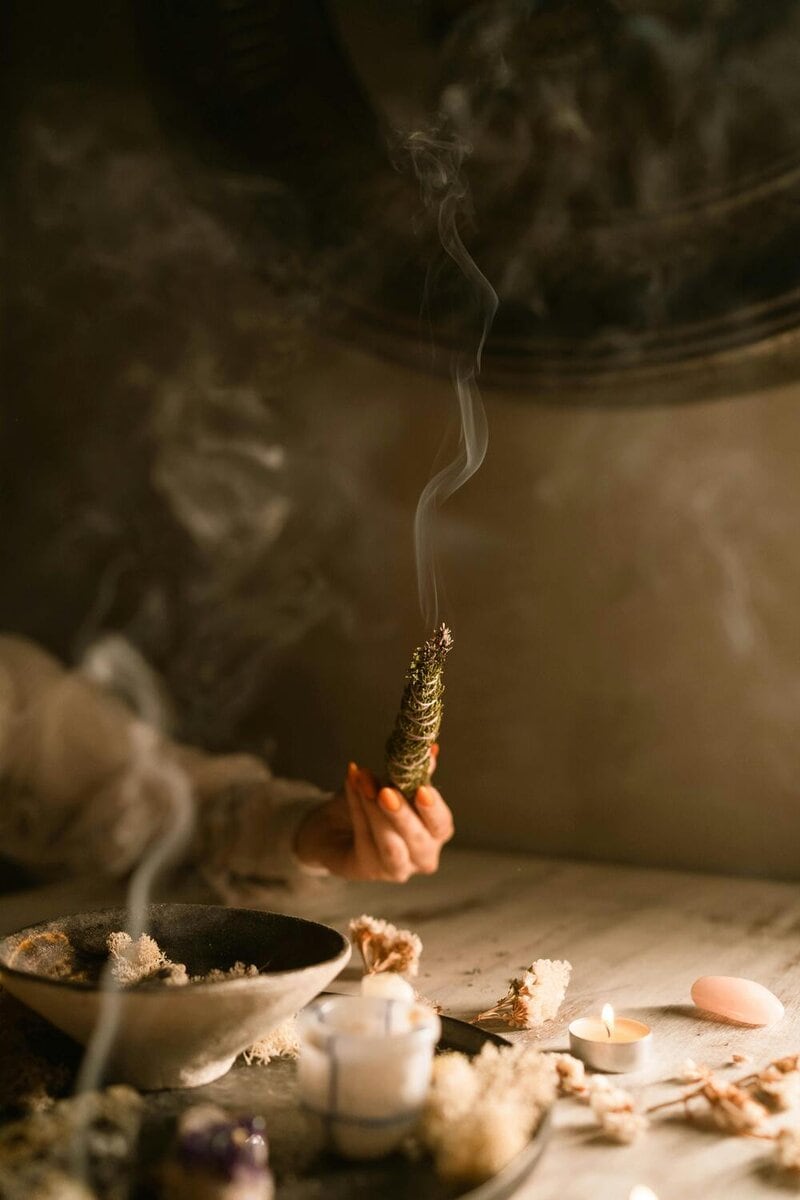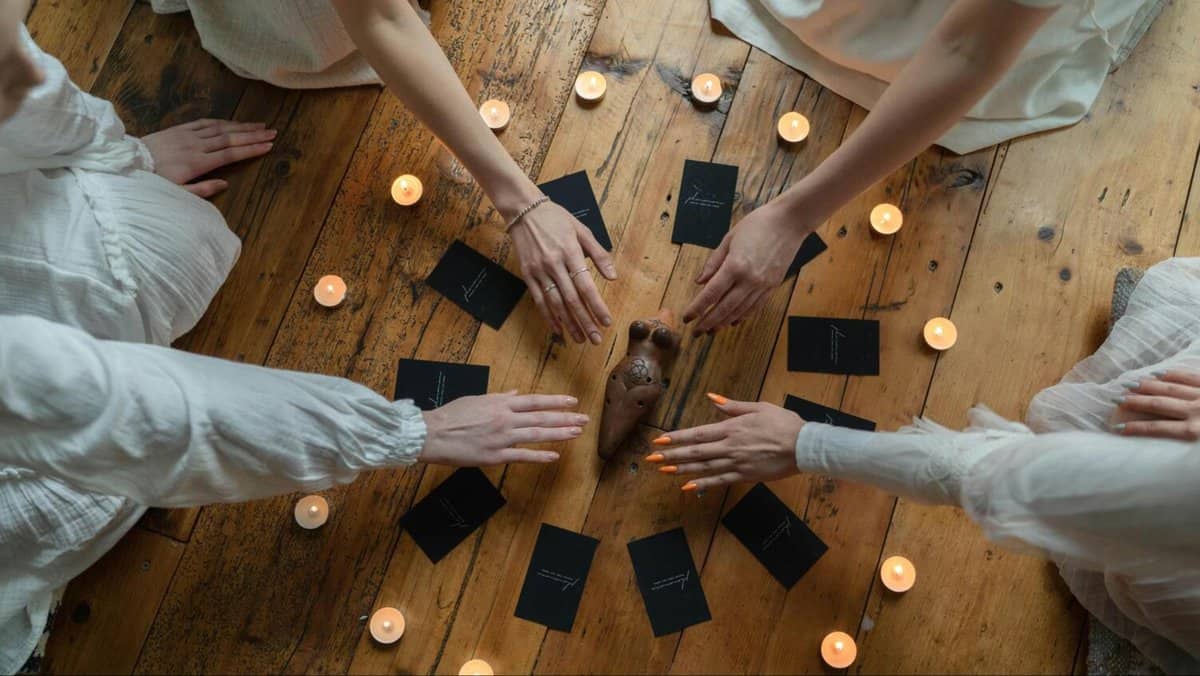Wicca is one of those spiritual paths that many people have heard of but few truly understand.
Despite its rich traditions and growing popularity, it still struggles to earn the respect and recognition it deserves as a legitimate religion.
A lot of folks dismiss it as just a phase, a quirky hobby, or even just a bunch of silly rituals.
So, what is really behind the skepticism?
Let’s break down why Wicca still has a tough time getting taken seriously worldwide and what, if anything, its followers can do about it.
1. Wicca’s “New” Status and Lack of Mainstream History

One of the biggest hurdles is that Wicca is relatively new compared to older religions. It only started gaining popularity in the mid-20th century thanks to figures like Gerald Gardner.
Unlike Christianity or Buddhism, it doesn’t have thousands of years of written history, or ancient scriptures.
Many people see it as a young religion, which makes it easier to dismiss as a trend or phase, rather than a serious faith.
这 lack of longstanding tradition makes it harder for some to see it as a credible, established spiritual path.
2. Stereotypes and Media Misinformation

Wicca often gets stereotyped by the media as being all about witches, spells, and magic – sometimes portrayed in a way that’s more fantasy than reality.
Movies, TV shows, and memes tend to exaggerate or mock its practices, often painting followers as weird or creepy.
This misinterpretation fuels misunderstanding and ridicule, making it tough for the wider public to see this religion as anything more than a quirky subculture.
The media’s sensationalized portrayal doesn’t do any favors when it comes to respect and acceptance.
3. The Alternative Image and Personal Expression

Many Wicca followers tend to express themselves with alternative fashion choices – think cloaks, pentagram jewelry, 和 mystical symbols.
To mainstream society, this can seem eccentric or rebellious, which sometimes leads to dismissiveness.
People often associate non-conformity with rebellious teens and being unserious rather than with genuine spirituality.
We also have to keep in mind that it hasn’t been that long since the “Satanic Panic,” when all things mystical, and even music genres like metal, were shunned by the public.
This “alternative” vibe can make it difficult for Wicca to be seen as a legitimate religion, even though personal expression isn’t inherently incompatible with religious practice.
4. Lack of Official Recognition and Legal Status

In many countries, Wicca is not officially recognized as a religion, which can impact everything from legal rights 至 societal acceptance.
Without government recognition, it continues to be seen as just a hobby or phase rather than a true faith.
This lack of official status also affects access to religious facilities, legal protection, and societal acknowledgment.
Followers might feel like they are fighting an uphill battle just to be taken seriously as practitioners of a legitimate spiritual path.
5. The Emphasis on Nature and Personal Practice

Wicca’s focus on nature, individual spirituality, and personal rituals can seem vague 或 overly individualized to outsiders.
Unlike organized religions with centralized doctrines, it encourages personal interpretation and practice.
This flexibility, while freeing for practitioners, can be misunderstood as lack of structure or seriousness.
Non-followers might think it’s just a collection of loosely connected beliefs rather than a cohesive religion with core principles and a community.
6. The Meme Culture and Internet Stereotypes

Wicca has become a popular meme over the years – often being the butt of the joke.
Memes about “Wiccan girls,” “magic spells gone wrong,” and “witches in the woods” tend to oversimplify or distort the religion.
This meme culture contributes to people perceiving it as a joke or a trend, rather than a meaningful spiritual practice.
Once something becomes memeified, it’s hard for many people to see it as anything more than internet humor, which hampers serious recognition.
7. The Diversity Within the Wiccan Community

Wicca is not a monolith. It encompasses a wide range of beliefs, traditions, and practices.
This diversity can make it seem fragmented or inconsistent to outsiders.
Some may see this as a lack of authority or cohesion, undermining its credibility as a unified religion.
Followers might benefit from more public outreach and education to present a clearer, more unified voice that can help others understand that this faith truly is beyond the stereotypes.
8. What Can Wicca Followers Do to Gain Respect?

To be taken more seriously, Wicca followers can focus on education and public engagement.
Sharing accurate information, participating in interfaith dialogues, and establishing community projects can help improve perception.
Demonstrating that it is a legitimate, respectful spiritual path with meaningful practice and ethics can shift attitudes over time.
Also, creating media that accurately portrays its depth and diversity can help combat stereotypes.
Change takes time, but consistent, positive visibility can help Wicca find its rightful place as a respected religion.
A little Aquarius, devoted to writing and embroidery. Through my writing, I hope to empower readers to align with their true selves and navigate life’s mysteries with confidence.

